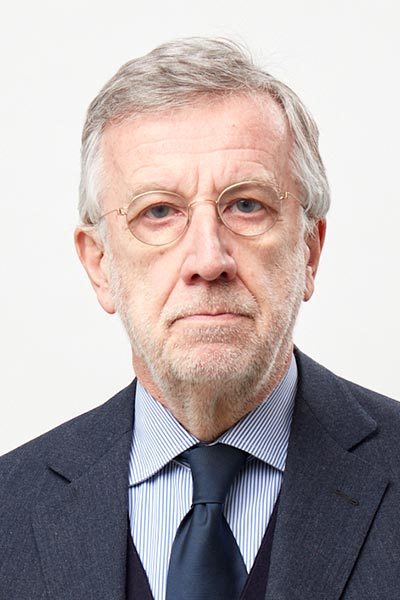
The use of immunotherapy for the treatment of small cell lung cancer (SCLC) has had mixed results to date but continues to show promise.
Two drugs initially granted accelerated approval from the US Food and Drug Administration (FDA)—nivolumab and pembrolizumab—failed to meet the post-marketing overall survival (OS) benchmark in studies after the receipt of platinum doublet chemotherapy. However, two immunotherapies—atezolizumab and durvalumab—have been approved for the first-line treatment of extensive-stage SCLC.
World Congress on Lung Cancer attendees can learn more about the status of immunotherapy in the treatment of SCLC during the Tuesday, August 9, education session “Leveraging the Power of Immunotherapy for SCLC,” which will begin at 10:45 in Hall C7.
“For many years, extensive SCLC was treated with chemotherapy alone without any improvement in available therapeutic strategies,” said session co-moderator and past IASLC president Giorgio Scagliotti, MD, PhD, University of Turin, Italy.

Leveraging the Power of Immunotherapy for SCLC
- Time: 10:45 – 11:45
- Date: Tuesday, August 9
- Location: Hall C7
- Moderators: Giorgio Scagliotti, MD, PhD, and Raffaele Califano, MD
- Track: Small Cell Lung Cancer and Neuro-Endocrine Tumors
In 2019, the FDA approved atezolizumab in adults with previously untreated extensive-stage SCLC based on results of the Impower133 trial. Patients assigned to treatment with atezolizumab plus chemotherapy had significant improvements in OS (12.3 vs. 10.3 months; P=.0069) and progression-free survival (5.2 vs. 4.3 months, P=.0170) compared with chemotherapy alone.
In 2020, durvalumab plus chemotherapy was granted FDA approval based on results of the CASPIAN trial. Patients with untreated extensive-stage SCLC assigned to treatment with durvalumab plus chemotherapy also had improvements in overall survival (13.0 vs. 10.3; P=.0047) compared with chemotherapy alone.
“In different Phase 3 trials the addition of immunotherapy to chemotherapy produced an improvement of approximately 3 to 3.5 months in patients with extensive stage SCLC without deteriorating the quality of life and with a manageable toxicity profile,” Dr. Scagliotti said. “From an educational point of view this session will review the past, the present, and the future of clinical research in SCLC.”
As part of that review, attendees will hear presentations discussing transcriptional subtypes and the impact of immune checkpoint inhibitors, state-of-the-art perspectives in limited-state SCLC, novel strategies for first-line treatment outside of immunotherapy, and novel immunotherapies beyond PD-(L)1 and CTLA-4 inhibition.
Dr. Scagliotti said that all four presentations will touch base on relevant questions that will drive the next steps in the management of this disease
“I would encourage people to attend this education session because SCLC represents an area of research from which we are expecting significant improvement in the understanding of the biology behind this disease,” Dr. Scagliotti said.





